
The platform offers uninsured patients discounted drug prices, though it is important to note that the platform does not sell drugs, and only a small number are currently available.

The platform offers uninsured patients discounted drug prices, though it is important to note that the platform does not sell drugs, and only a small number are currently available.

Sodium-glucose co-transporter-2 (SGLT2) inhibitors in patients with type 2 diabetes (T2D) was found to reduce the risk of chronic kidney disease (CKD) and key associated factors, like eGFR and albuminuria.

Increased integration of pharmacists in veterinary practice reduces medication errors and improves safety, adherence, and client education.

Legislation targeting the practices of pharmacy benefit managers (PBMs) was passed by Congress and signed by the president, with the goal of greater transparency and increased pharmacy access.
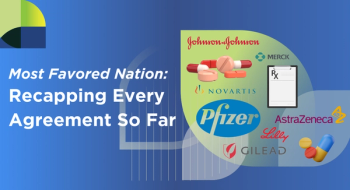
Explore all 16 agreements struck thus far between pharmaceutical companies and the White House to adhere to most favored nation pricing for drugs sold in the United States.

Multidisciplinary coordination and streamlined workflows enabled rapid patient access to plozasiran after FDA approval at Stony Brook University Hospital.
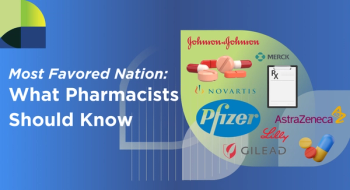
Exclusive insights from Ned Milenkovich, PharmD, JD, help parse what pharmacists should be aware of as most favored nation initiatives are agreed upon with the federal government.
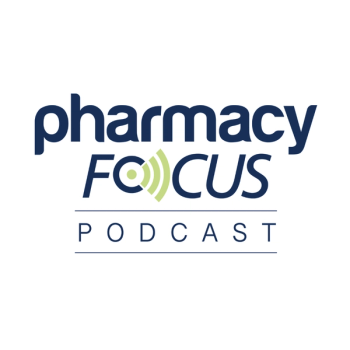
On Chen, MD; and Tahmid Rahman, MD, join Pharmacy Focus to discuss the world's first commercial administration of plozasiran at Stony Brook Medicine.

Multidisciplinary coordination and streamlined workflows enabled rapid patient access to plozasiran after FDA approval at Stony Brook University Hospital.
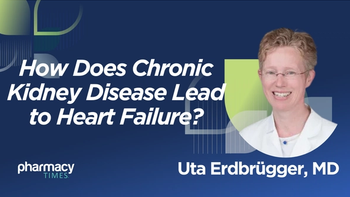
Cardiotoxic signals released from the kidneys may drive cardiovascular risk in patients with chronic kidney disease, opening the door to earlier detection and targeted treatment.

Explore how radio frequency identification (RFID) technology enhances medication safety, operational efficiency, and patient care in health care and pharmacy settings.
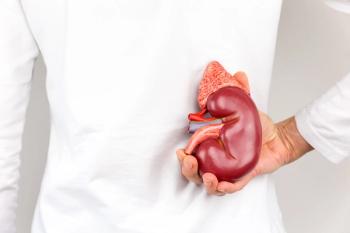
Patients with chronic kidney disease (CKD) send miRNA extracellular vesicles to the heart, contributing to the pathogenesis of heart failure.
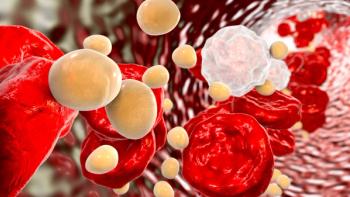
On Chen, MD, and Tahmid Rahman, MD, explain the real-world safety, dosing advantages, and pharmacist-driven identification strategies for patients who may benefit from plozasiran therapy.

Plozasiran offers a novel RNA-based mechanism to significantly reduce triglyceride levels in patients with familial chylomicronemia syndrome.

Subcutaneous copper histidinate injections deliver copper in a form that bypasses the genetic defect caused by Menkes disease.
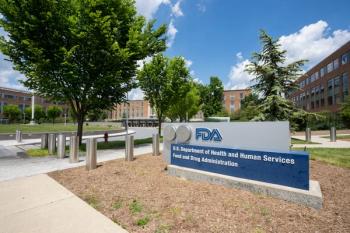
The vouchers are intended to speed up review times for drugs that could fill key unmet needs for Americans.

Intravenous laser irradiation of blood shows promise in lowering triglycerides and improving lipid profiles in patients with dyslipidemia.

The complete response letter (CRL) was issued following regulatory updates provided to Sanofi from the FDA.
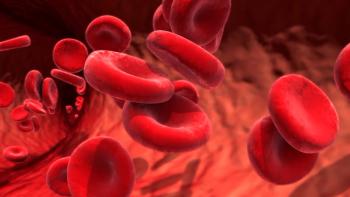
The FDA approved mitapivat, the first oral therapy for thalassemia due to anemia, offering hope for patients with transfusion-dependent and non–transfusion-dependent forms.
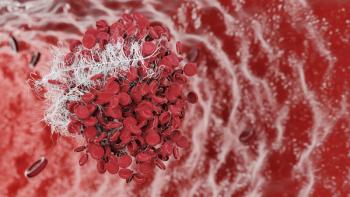
FDA approves Fesilty, a new fibrinogen concentrate, offering hope for effective treatment of congenital fibrinogen deficiency and acute bleeding episodes.
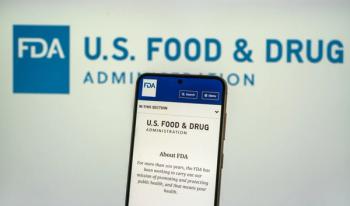
The FDA approved etuvetidigene autotemcel, the first gene therapy for Wiskott-Aldrich syndrome, transforming treatment options for affected patients.

Fitusiran and concizumab are transforming treatment options and patient outcomes in hemophilia A and B with or without inhibitors.

Pharmacists enhance multiple myeloma care by managing cytokine release syndrome and advocating for safe vaccination strategies at ASH 2025.

Experts discuss the complexities of gene therapy for sickle cell disease, emphasizing patient support, psychosocial factors, and long-term care considerations.

Implementing a best practice advisory into physicians’ electronic health records improved lipid therapy initiation and diagnoses of hyperlipidemia and hypercholesterolemia.

Headache specialist Shivang Joshi, MD, MPH, RPh, FAHS, explains how the dual-mechanism combination of meloxicam and rizatriptan fits into acute migraine treatment.
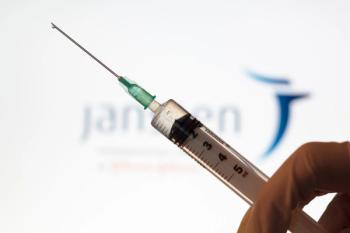
FDA approves daratumumab and hyaluronidase for treating newly diagnosed light chain (AL) amyloidosis, enhancing survival rates and treatment efficacy.
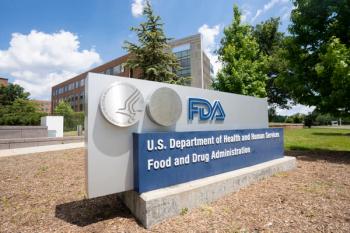

Selumetinib gains FDA approval for adults with neurofibromatosis type 1, offering hope for those with inoperable plexiform neurofibromas.
